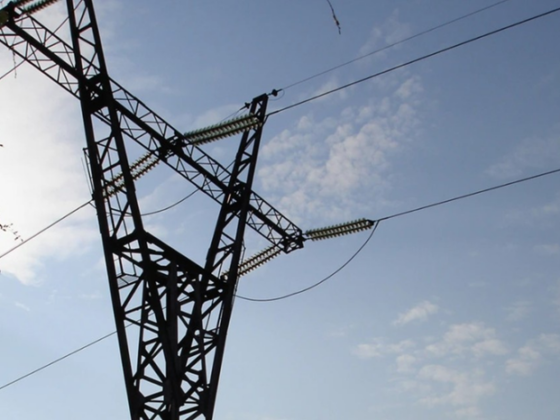We often hear about the construction of sandwich panels, but what is it and why the word, denoting a sandwich suddenly appeared in the arsenal of builders? Sandwich is really a sandwich, although its literal translation means “layers”. Unlike our Russian sandwich, where a piece of sausage is laid on a piece of bread, an American sandwich is more complicated. The American sandwich consists of at least three layers – two pieces of bread and the filling between them. Construction sandwich panels are based on the theory of layers as well as the American sandwich, that is, for the presence of two facing plates and one core. Bread, like cladding, is “the head” to everything, and the filling, like the core in the panel, is the main functional element.
The theory of sandwich and layers is of great importance not only for the production of building panels, but also for the development of structures that are used in technology, aircraft and many other designs.
Construction sandwich panels is a special class of composite materials. The production uses a thick nucleus (with different fillings) and two thin layers that hold this core. Together they allow you to create a strong and functional panel designed to perform various tasks.
Different materials are used for the manufacture of sandwich panels – polyvinyl chloride, polyurethane, polyethylene, polystyrene foam, cork, syntactic foam, honeycomb, metal, etc. p. For example, the sandwich panels of the Russian manufacturer Teplant consist of mineral insulation in the center and two profile sheets of galvanized steel with additional coating as a cladding.
Metal sandwich panels is one of the common types of sandwich panels. Steel is used to protect the surface from corrosion. For high temperatures and the reflection of UV radiation in an American company, a coating alloy made of aluminum and zinc was patented. For exhibition halls, partitions, office furniture and other structures, drywall or processed paper raw materials with a cellular aggregate are used. This is a light composite board made on the principle of sandwich.
The strength of the composite material depends on the outer lining and connection (adhesive layer) between the core and the skin.
The use of sandwich panels in construction is profitable for a number of reasons, one of which is the speed of building a building. Thermal insulation and soundproofing properties of panels, their environmental friendliness and safety, add advantages to the buyer of real estate built using sandwich panels. For suppliers, such material is beneficial due to the convenience of transportation (light panels), and for the developer-due to the price. However, it is also worth noting that sandwich panels have their shortcomings. This is a load restriction, drafts due to unscrupulous formations and a number of other shortcomings. Some disadvantages are easily eliminated by changing the construction methodology or conducting additional repair work. In general, most of the problems with sandwich panels concerns the places of their docking.


